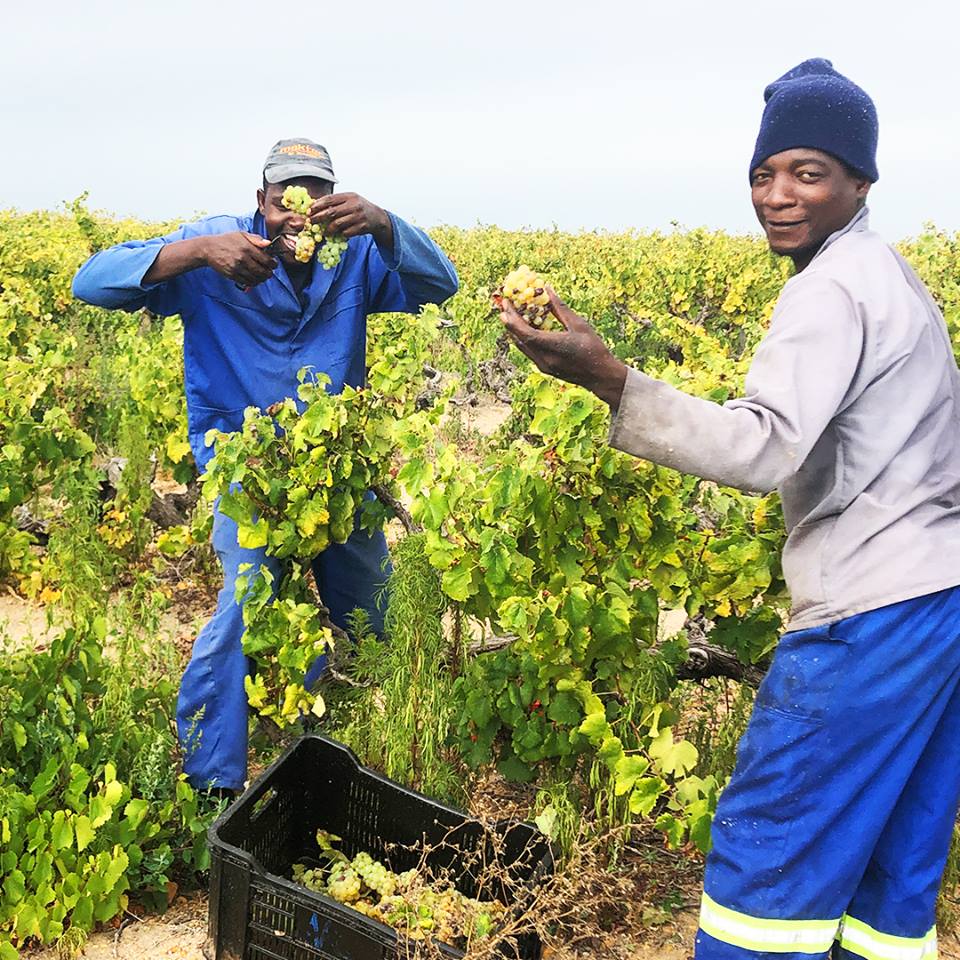In the wine business, staying positive against the odds is nothing new. We’ve learnt to keep our heads up despite perpetual challenges ranging between economic downturns, droughts and shrinking margins. Yet, even for the most optimistic among us, the news of a lockdown at the end of March 2020 hit everyone like one too many glasses of plonk. In between fast emptying shelves and widespread price gouging, the wine industry waited with bated breath as news changed daily. And then, it was announced that nothing could move – for three whole weeks, and then another two. Now what?
Wine producers, big and small
From the looks of things, no wine producer, big or small, will escape this lockdown unscathed. For years now, larger corporates have been on edge, reshuffling, downsizing and selling off less profitable brand assets in an effort to keep afloat. The lockdown adds further fuel to an already raging fire, with some bigger key players withholding payment to suppliers, claiming force majeure (against the president’s recommendation). This has a devastating ripple effect on smaller businesses further downstream.
Meanwhile, both large and smaller boutique wineries were caught at the tail end of harvest when the lockdown was enforced, leaving them scrambling to arrange permission to continue picking fruit or having to rush to get their last grapes in. With lockdown leaving only essential workers in place, how will this impact the final outcome of vintage 2020? And beyond the wine, how do five weeks of limited sales avenues impact an already struggling industry? Bespoke wineries often sell their wines at premium prices, leaving little room for a market that is going to be more pocket-and less palate-sensitive for the next while. And while a temporary lifting of the ban on exports in the second week of lockdown provided some interim relief, since the more severe measure prohibiting all transport of liquor was put in place towards the end of week three, this glimmer of hope has vanished. Exporters are particularly worried that their inability to supply international markets will result in the loss of key listings, which may potentially take years to win back.
more on bizcommunity.com




